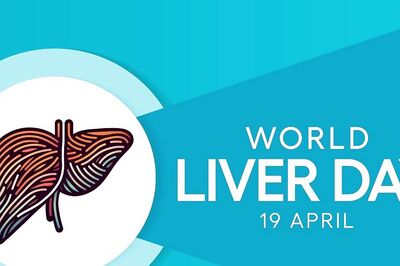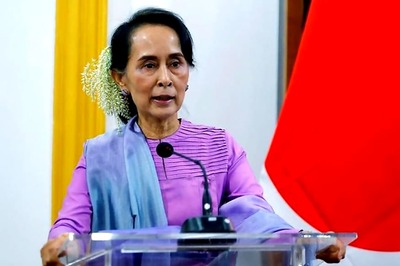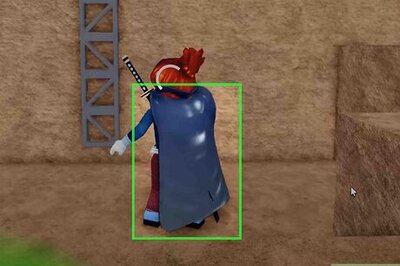
views
CUTTACK: The plight of the wife and six children of Jagabandhu Ghadei of Purbakhanda village under Niali block of the district, who died of deprivation from food and treatment on November 12 this year, have drawn international attention with the Asian Human Rights Commission (AHRC) taking up the matter with the Indian Government.With the National Commission for Protection of Child Rights (NCPCR) seeking a report from the Odisha Government on the issue, the State Women and Child Welfare Department has directed Collector and District Magistrate, Cuttack to investigate and submit a report within December 31.Urmila and her six minor children including four daughters and two sons have allegedly been virtually pushed to starvation following the death of Jagabandhu, the only bread owner in the family.They have also been allegedly victimised by caste-based discrimination and are struggling for life under abject poverty and hunger.In a representation to the NCPCR, AHRC programme officer of Right to Food Programme Jin Ju submitted that the though the district administration was well aware of the condition of Jagabandhu and his family much before his death, no action was taken to address their problems when he was alive nor after he died.The former collector Kishore Mohanty, in fact, had taken note of the extreme poverty of Jagabandhu much before his death during his visit to the village in connection with an eviction drive in the area in July. He had then ordered officials to provide land, housing and food grains to the family under the various welfare schemes like Indira Awas Yojana (IAY) and Antoyodya Anna Yojana (AAY). However, the directions are still to be complied with by the officials concerned.As a result, the eldest son Rabindra Ghadei has started working a construction labourer at only the age of 15. Making matters worse, the work is available only once a week and the thus remaining members of the family are staring at imminent death owing to hunger.Jagabandhu had been outcast by the society for marrying Urmila of another caste. He had been forced out of his village and settled in the Muslim majority village of Purbakhanda about 15 years back. He worked as a fishing assistant earning only around Rs 100 a day, which was not enough to manage even two meals a day for the family.Two months before his death, Jagabadhu fell sick and was subsequently diagnosed to be suffering from TB. The Niali community health centre provided some medicines and his employer donated Rs 1000 for his treatment.Despite living below the poverty line without any other income sources, the family was left to its own with the Government officials paying no heed to his problems, Ju has alleged.Jagabandhu’s death is a blatant violation of the guarantees of Fundamental Rights including Right to Food as envisaged in the Constitution of India and the orders of the Supreme Court. This has also failed international human rights laws of ensuring food and freedom from hunger, which the Government of India has ratified. “The officials concerned should be held responsible for the lapses and the family be provided with immediate support”, the AHRC has averred.




















Comments
0 comment